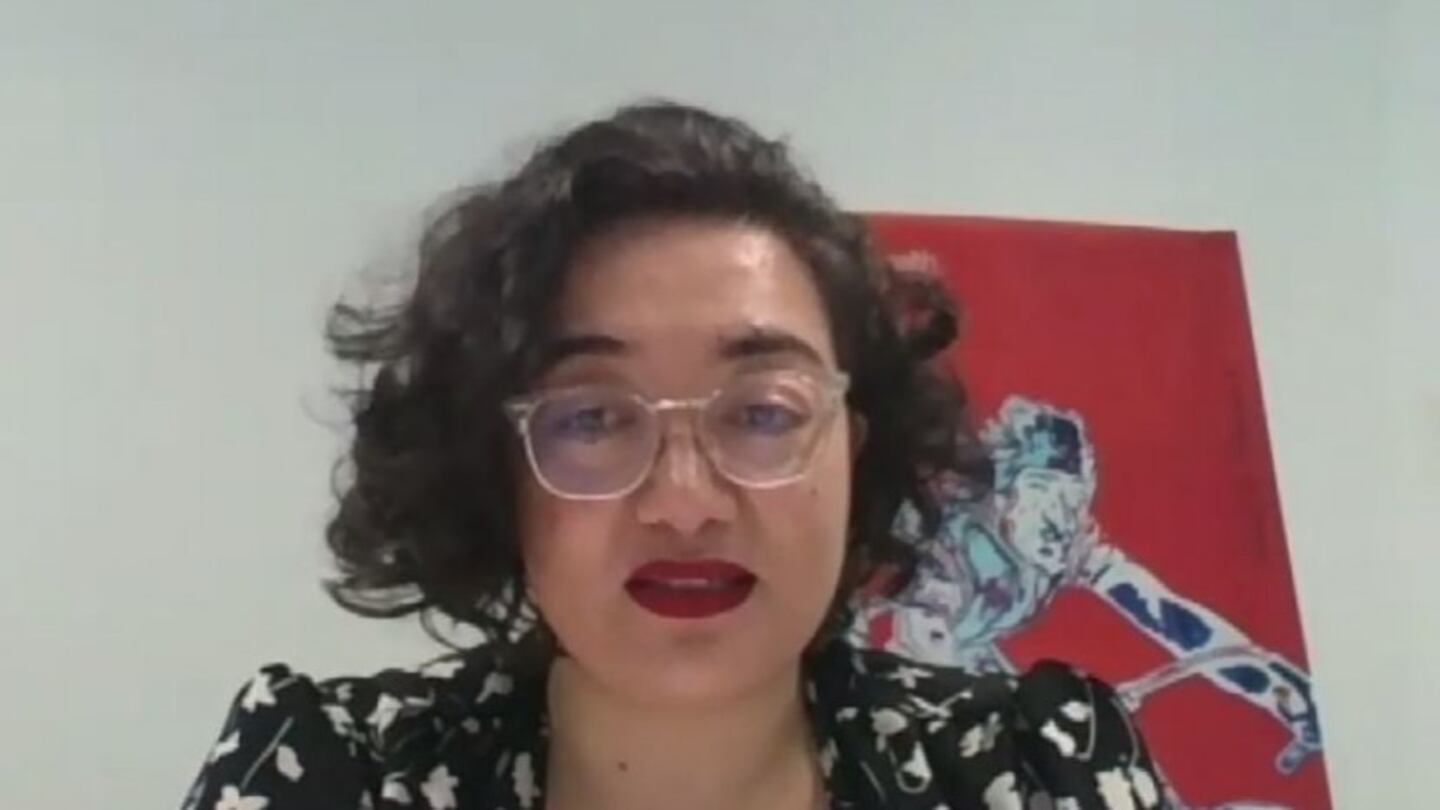Photo / File
Social media pressure from Māori curator and Te Papa executive member Puawai Cairns (Ngāti Pūkenga, Ngāti Ranginui, Ngāi Te Rangi) has forced the International Committee of Museums (ICOM), a global museum network, to apologise for saying "historic garments should not be worn by anybody, public or private figures," according to an RNZ report.
"I didn't get a great sense that anybody was really listening to me apart from maybe my family. I honestly thought I was just shaking my fist at the clouds," Cairns told RNZ in an interview with Māni Dunlop for Midday Report on Friday.
Last week, ICOM got offside for statements which Cairns described as "Eurocentric".
On its website, ICOM's costume committee said, "In the light of recent events, where a dress that belonged to Marilyn Monroe was used by a celebrity in a public event, ICOM Costume has been discussing the topic, and would like to share the following statement. Historic garments should not be worn by anybody, public or private figures."
The statement elicited a rebuke from Cairns who wrote on Twitter, "Revise your dull and self-conscious statement, @ICOMCostume. Your responsibility is to advance and advocate for modern & empathetic museum practices across the world, not increase your Google analytics engagement score or maintain the narrow promotion of the Euro Museum world."
Revise your dull and self-conscious statement, @ICOMCostume. Your responsibility is to advance and advocate for modern & empathetic museum practices across the world, not increase your Google analytics engagement score or maintain the narrow promotion of the Euro Museum world.
— Puawai Cairns (@PuawaiCairns) May 14, 2022
Elaborating on her Twitter response, Cairns told RNZ that Māori have a different approach to taonga which is grounded in aroha and often includes touch.
"To not touch is quite a European thing because our expression of aroha for our taonga is normally based on touch, on hongi, being around them, sitting around them. I'm thinking like kākahu, like our cloaks, our whakairo. These tangible expressions of our culture are created to live with the people," Cairns said.
"Museums, of course, we want to hold onto these things so that other generations are able to enjoy them but sometimes holding onto something and capturing it and preserving it away from touch, away from interaction, means that you stop the cultural life of that object with its people."
Cairns' social media advocacy got ICOM's attention and, much to her surprise, a pledge to do better.
"ICOM costume committee had retracted their statement and apologised and said they would revise their guidelines, which is wonderful," she told RNZ.
"That is not something I would expect a big international organisation to have the humility and the heart to do. A lot of the time an organisation will just pretend they have heard you but they don't want to look bad. So I really want to tip my hat to ICOM costume committee for listening and saying they'd like to change."
He mihi, ICOM. Thank you for your considered & honest response. It takes great heart to say this, & it means you care for this global museum work & all our communities as much as we all do. There are lots of us ready to help, so you are the voice for us we need you to be. https://t.co/k6MpRxxd4U
— Puawai Cairns (@PuawaiCairns) May 17, 2022
Cairns tweeted a mihi to ICOM acknowledging their welcome response.
"He mihi, ICOM. Thank you for your considered & honest response. It takes great heart to say this, & it means you care for this global museum work & all our communities as much as we all do. There are lots of us ready to help, so you are the voice for us we need you to be."
Cairns told RNZ that the voices of indigenous peoples throughout the world must be heard as each has their unique ways of interacting with taonga.
"But it's all over to our whanaunga, our tuakana really, across the Pacific to all of the other nations from Australia, the nations in Canada, all the first nation people or indigenous people, people from Africa, who have their own ways of existing and interacting with their own material that are captured within museums.
"There are voices to be heard, ethics to be noted, principles to be taken down and absorbed, that can inform a global museum sector (and) how it can act in a more humane and people-centred way that acknowledges that there is more to being a museum than trapping something in time.
"It's not enough just to capture culture, we need to look at how we can contribute to being a pathway for culture to continue to thrive and bloom and blossom."
Cairns is pleased she 'shook her fist at the clouds'.
"It's a thing that our old people have taught us. If you want to see change, you help that change happen."



